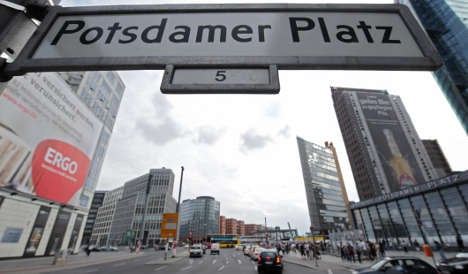The top German city remains Frankfurt am Main, which ranks third in Europe behind London and Paris, in this year’s European Cities Monitor survey produced by Cushman & Wakefield property consultancy.
Researchers asked 500 managers of European companies which city offered the best conditions for their business, for criteria including personnel costs, business environment, access to grants, appropriate office space, transport links, fast data links and quality of life.
After Frankfurt, Berlin was ranked seventh, after being ninth last year, and just 15th in 1990. Munich was this year ranked ninth, while Düsseldorf came tenth, an improvement on last year’s 15th place, and Hamburg was 15th, a drop from last year’s ranking of 12th.
Berlin was ranked top in two categories – the availability of office space and the attempts to improve its facilities. It was also highly credited for transport, coming third over all, and the availability of qualified personnel where it was ranked fifth.
Despite its well-reported appeal to younger creative people and students, Berlin’s quality of life was only ranked 13th in Europe by managers. In this respect Barcelona was ranked very highly, Moscow as least attractive.
Yet of the European cities included in the survey, Moscow was tipped as the one to which most businesses wanted to move in the next five years. Berlin and Munich shared joint 20th position in this question.
The top five were London, Paris, Frankfurt, Brussels and Barcelona. The bottom five were Bratislava, Moscow, Oslo, Bucharest and Athens.



 Please whitelist us to continue reading.
Please whitelist us to continue reading.
Member comments